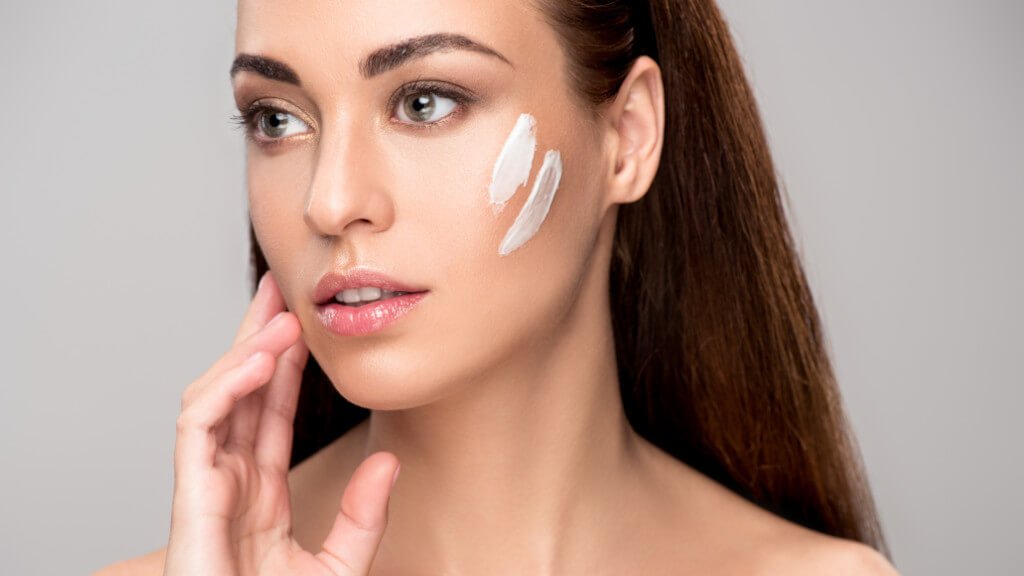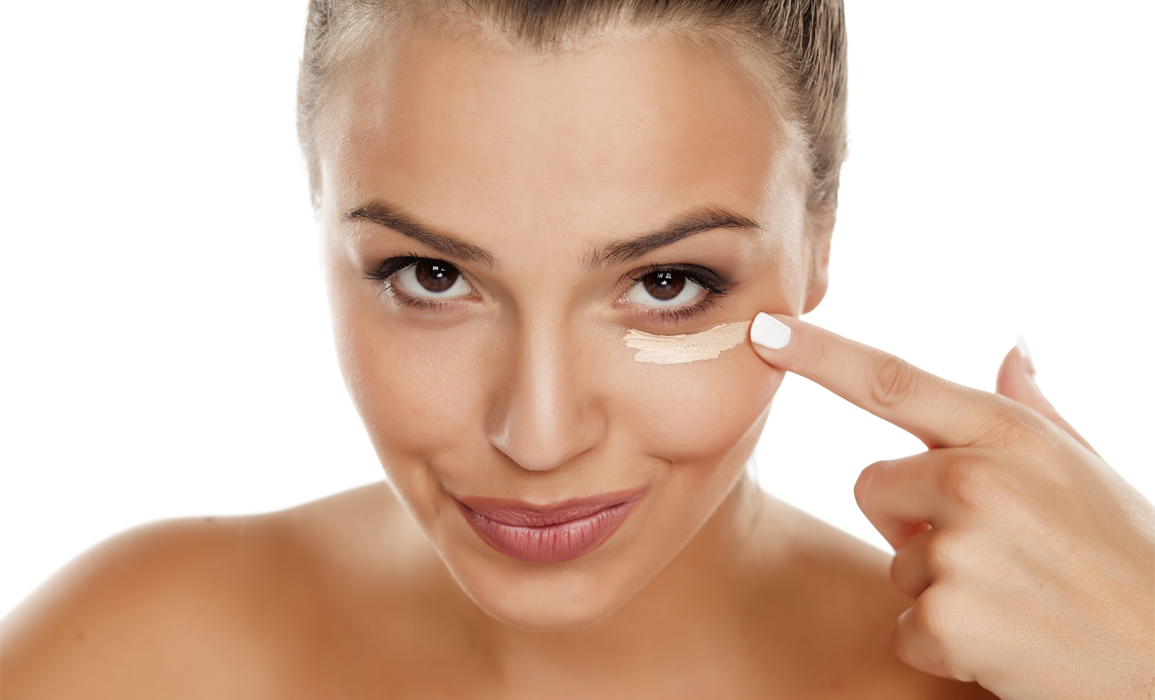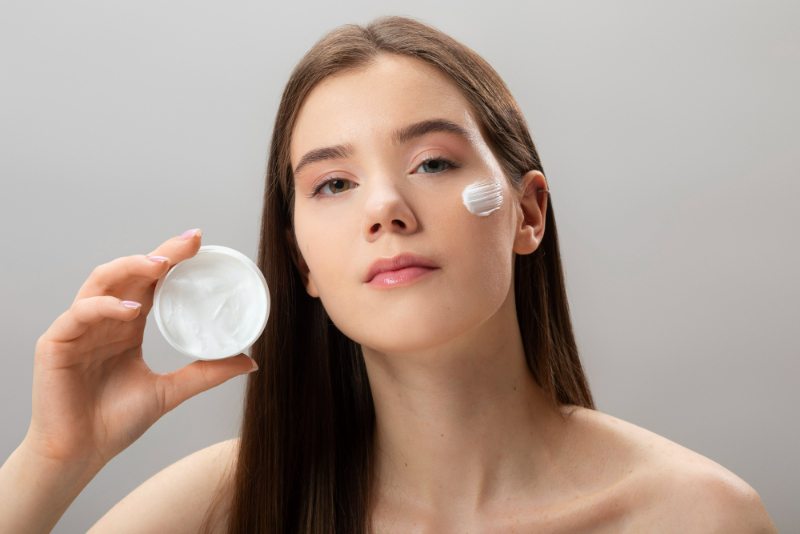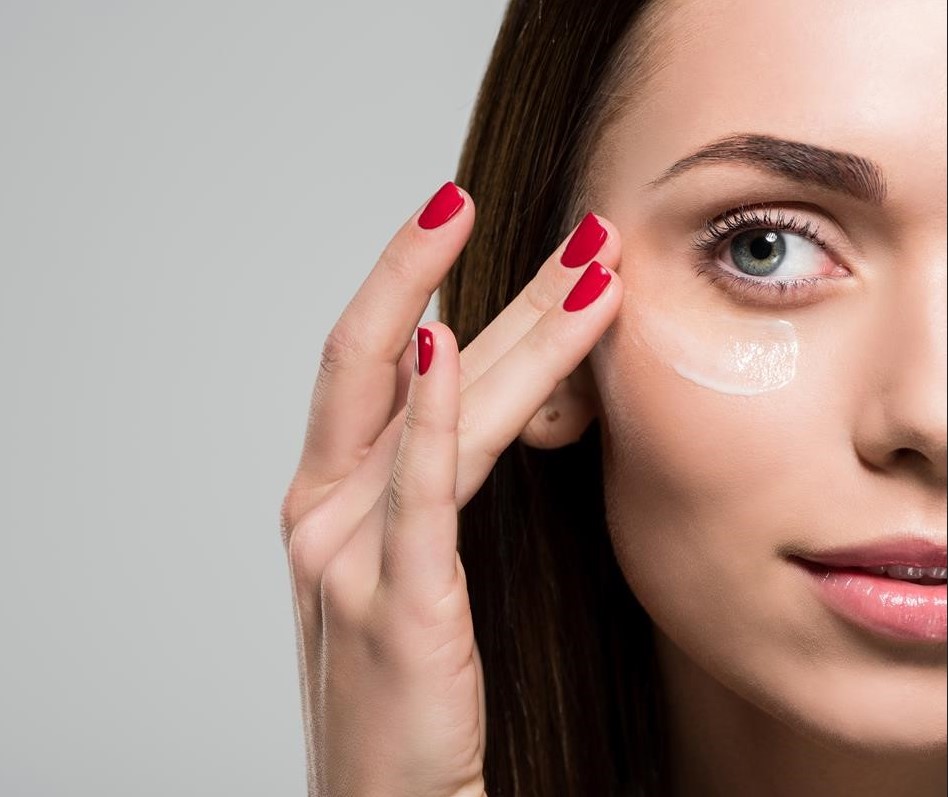SKIN CARE MISTAKES TO AVOID
Skincare is a tricky business. There's so much information out there and it's hard to know what's true and what's not. It's easy to make mistakes, especially when you're just starting out. To save you some time, we've put together a list of common skincare mistakes to avoid. Trust us, your skin will thank you!

Use the correct amount of product
Most women tend to apply too much product to their skin. Less is usually more, as there is a risk of over-clogging the skin and causing further problems. As a general rule of thumb, you should apply a pea-sized amount of eye cream, apply it to your ring finger first and gently pat along the eye bones. Usually a pea-sized amount of all other creams is sufficient.
Apply creams in the correct order
If you are layering products, cleanse your skin and then apply your eye cream first. Then serums and any moisturisers. Be patient and take time to make sure each product works and reaches its full potential. Sun protection comes last. It is best to use mineral-based products as they are gentler on the skin.
Apply sunscreen to forehead and hairline
The simple solution is to be diligent when applying SPF sunscreen. Remember to always cover your forehead, hairline and lips, as these are areas that are easily overlooked and which, without proper coverage, can quickly suffer the effects of sun damage. Many lip balms now contain SPF 15 and are available in a variety of flavours.

Excessive peeling
Exfoliation is a great way to remove dead skin cells and smooth the skin, making it more receptive to skincare ingredients. However, it can also cause damage if not done properly. If you exfoliate too often it can cause irritation, redness and even burning. Excessive exfoliation causes minor skin damage and damage to the skin barrier.
Give your products a chance to work!
On average, it takes 6-12 weeks before you start to see a noticeable difference in your skin after switching to something new. Although it's frustrating when we all want to go straight away and look our best, be patient and give your products at least 3 months to work before you start something new. However, be wary of any adverse skincare reactions that may indicate an allergy. Spots on the skin, increased sensitivity and increased redness may indicate that your product may not be working well for you.

Sleeping in make-up
Even if you are very tired and can't wait to go to bed, you should always remove your make-up before bed. If you go to bed before removing your make-up, your pores can become clogged, allowing acne-causing bacteria to build up. Your skin will also find it harder to absorb skincare ingredients. Be sure to develop an evening skincare routine that includes cleansing your skin of make-up and impurities first.
Using the same skin care routine day and night
Your skin has different needs at different times of the day. For your morning skincare routine, focus on ingredients that will give your skin a glow and protect it from the harsh elements of the day, such as vitamin C and SPF sunscreen.

Expiry date of skin care products
Skincare products have an expiry date for a reason. Some ingredients lose their potency and effectiveness over time, and products used heavily can become full of bacteria if you're not careful. Pay attention to expiry dates and replace products when they reach their limit.
To sum up:
We hope this list of common skincare mistakes was helpful! Avoiding these mistakes will put you on the right path to healthy, radiant skin. Just remember to be patient, consistent and good to your skin - it will repay you in kind!

INTERESTING FACTS ABOUT THE SKIN
…The most common skin disease is: acne! It turns out that up to 90% of the population can be affected by this ailment. Of course, most of these people encountered the problem during adolescence…
…Dust comes from... our hairs? Did you know that the dust in your home comes from dead skin cells? Every human being sheds tens of thousands of them per minute ...
….The best medicine for skin regeneration: it's not at all about high-quality cosmetics and ointments. The best medicine for the skin is... sleep. This is another example of why it pays to get enough sleep. Not only for your health and well-being, but also for your beauty…
…The skin varies in thickness: the eyelids are thinnest, while the palms of the hands and soles of the feet have the thickest skin....
…You have a lot of skin: the skin is the body's largest organ, with an area of around 2m². However, the second largest organ in the body is the liver…


